Research to improve understanding of the microbiomes of farmed aquatic animals and the waters in which they grow
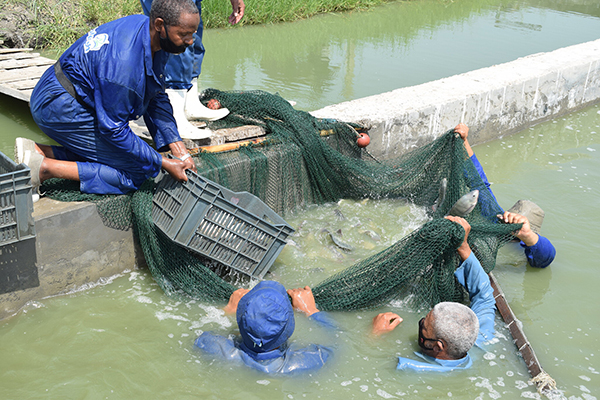
WorldFish, an international non-profit research institution, is partnering with KYTOS, a Belgium-based microbiome technology start-up. Announced last month, the collaboration will focus on conducting research and development (R&D) in the field of aquaculture microbiomes, particularly for carp polyculture and tilapia farming systems.
“The better we understand the complex interactions between microbes associated with the aquatic species farmed, other organisms present in the system and the aquatic environment itself, the easier it will be in the future to make appropriate interventions to improve productivity and minimize disease incidence,” said Dr. Colin Shelley, Project Leader at WorldFish. “This work will underpin the next generation of best management practices, generating enormous amounts of data, which can be used to drive future interactive decision-making systems for farmers.”
Innovative tools are providing the aquaculture sector with biological insights, which are generating new opportunities to better understand the microbiomes of farmed aquatic animals and the waters in which they grow.
“Organizations, such as WorldFish, and individual aquaculture companies can build their own in-house microbiome knowledge bases, which through our artificial intelligence (AI) and machine learning have the potential to transform aquaculture practices across the entire value chain,” said Dr. Ruben Props, KYTOS co-founder and CEO. “In our work with the prawn farming sector, we’ve already shown how routine microbiome health insights can help identify and mitigate potential disease events in ponds and underpin improved hatchery operations.”
As part of the partnership and a “precursor to further investment in this field,” two interns have been onboarded to start reviewing the current state of knowledge of the microbiomes of tilapia and carp polyculture systems. Both are key aquaculture sectors for WorldFish.
“The KYTOS fingerprinting technology provides another interesting tool to support other work we are engaged in using e-DNA, with other research partners, to enable us to better understand and respond to aquatic diseases in the future,” said Dr. Jérôme Delamare-Deboutteville, WorldFish’s aquatic health specialist, who will be supporting the interns.
The internships are supported under a Bill and Melinda Gates Foundation-funded WorldFish project that seeks to “enhance the incomes, diets and nutrition of smallholder families.” Increasing women’s empowerment through fish production is “a key pathway through which the nutrition of women and their family members will improve.”
“The Foundation has encouraged us to drive the transformation of the aquaculture sector at scale,” said Shelley. “Investing in cutting edge technology, partnering with new start-ups like KYTOS and embracing an innovative approach to aquatic food systems development with our global partners is what we do.”
Follow the Advocate on Twitter @GSA_Advocate
Now that you've reached the end of the article ...
… please consider supporting GSA’s mission to advance responsible seafood practices through education, advocacy and third-party assurances. The Advocate aims to document the evolution of responsible seafood practices and share the expansive knowledge of our vast network of contributors.
By becoming a Global Seafood Alliance member, you’re ensuring that all of the pre-competitive work we do through member benefits, resources and events can continue. Individual membership costs just $50 a year.
Not a GSA member? Join us.
Author
Tagged With
Related Posts
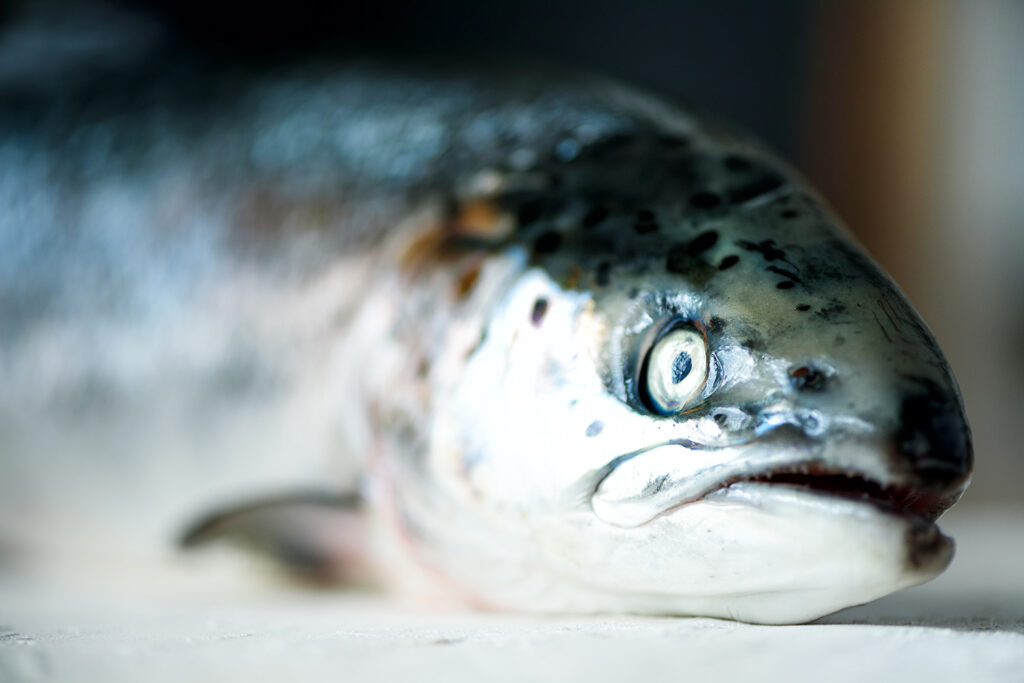
Innovation & Investment
‘Microbiome management’ gives RAS operator a foothold against off-flavor-causing geosmin
RAS operator puts proactive “microbiome management” approach in play to eliminate off-flavors and finds good results in lowering geosmin levels.
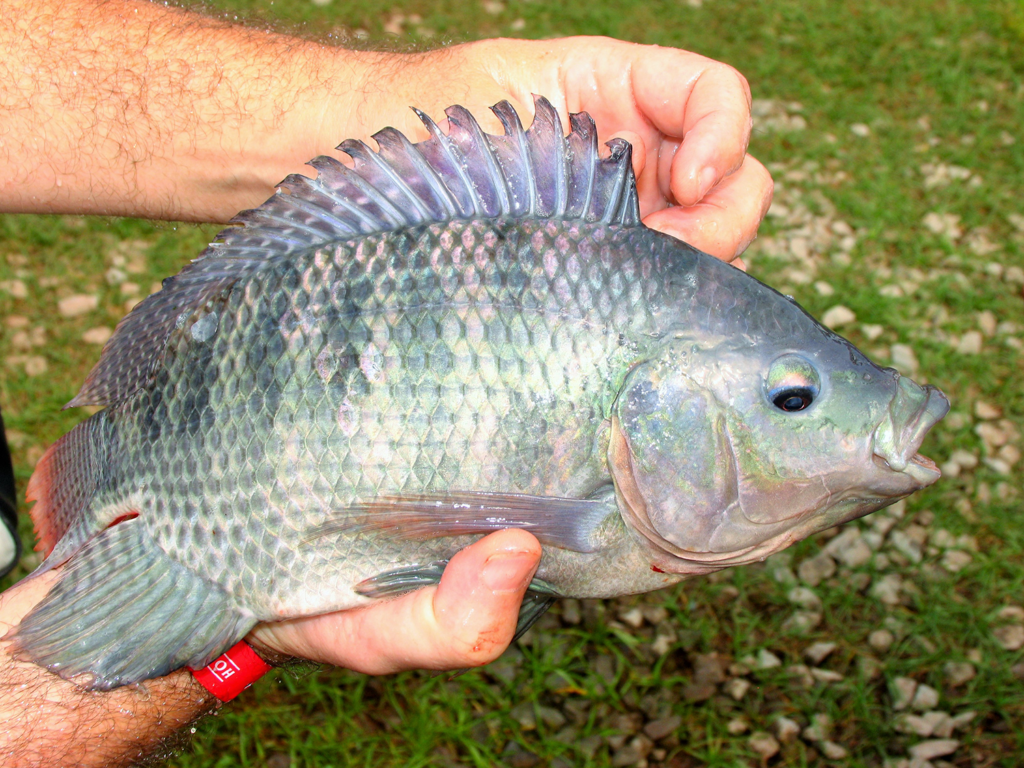
Health & Welfare
Influence of diet type on gut microbiome, nutrient assimilation in GIFT tilapia
Study compares effects of vegetable-based and commercial pellet-based diets on the nutrient assimilation and gastrointestinal microbiota of GIFT tilapia.
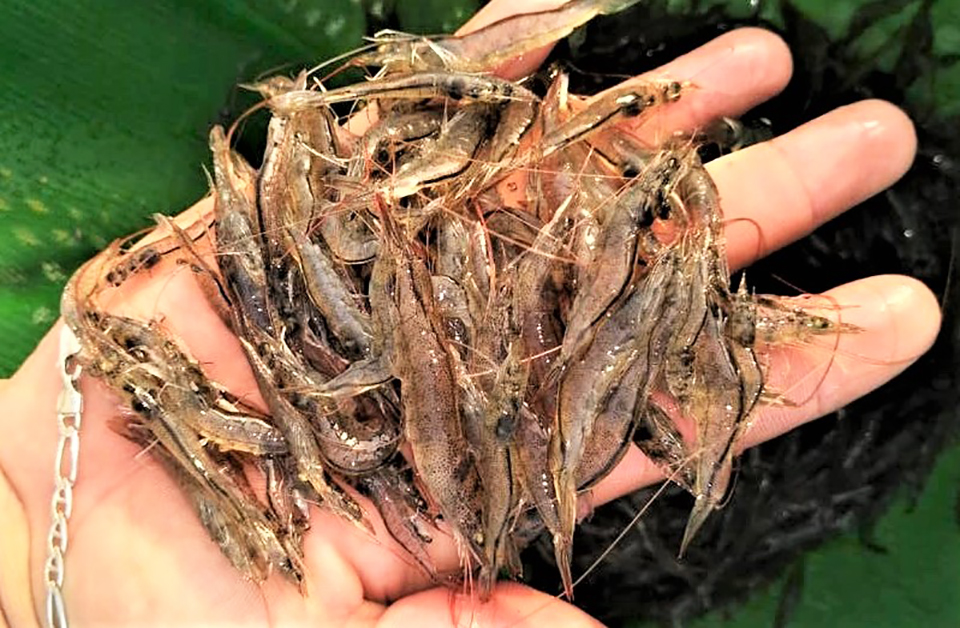
Health & Welfare
Gut microbiota modulation of Pacific white shrimp by dietary inclusion of a functional yeast cell wall‐based additive
Evaluating gut microbiota modulation in L. vannamei through dietary yeast cell wall additive improves animal performance, healthy intestinal microbiota.
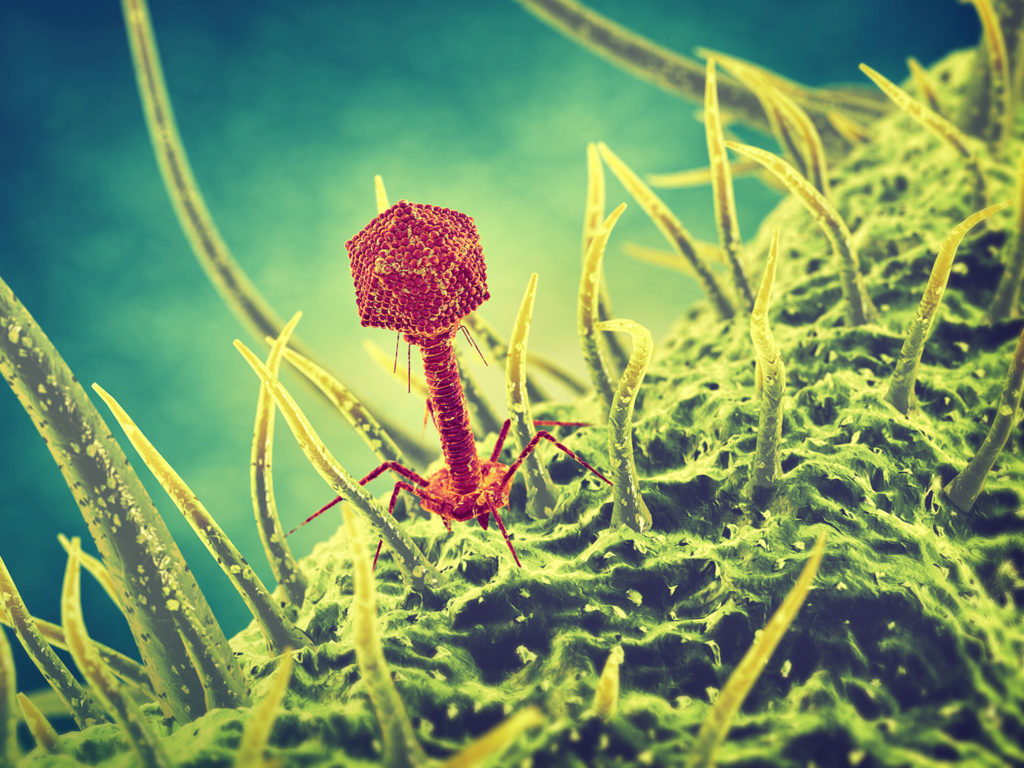
Health & Welfare
Biotech-feed giant partnership to explore bacteriophage potential
Fish health and welfare in aquaculture could soon be assisted by the most abundant organism on the planet, if a new partnership nets its intended result.



